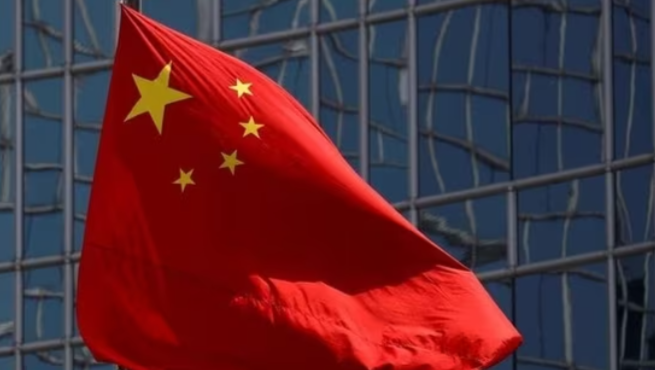How to Analyze China’s Strong Disapproval of the US Statement on Taiwan Election
The situation described reflects the ongoing complex relationship between China and Taiwan, where China considers Taiwan as part of its territory and has not ruled out the use of force to reunify with the island. Taiwan, on the other hand, operates as a self-ruled entity with its government and democratic processes.
China views Taiwan as part of its territory and has not ruled out using force to seize the island one day.

In this case, the United States congratulated Lai Ching-te on his victory in Taiwan’s presidential poll. Lai is perceived as leaning towards independence, which has historically been a sensitive issue in cross-strait relations. China strongly opposes any move towards independence by Taiwan.
The statement from the US State Department congratulating Lai was met with strong disapproval from China. Beijing views such statements as interference in its internal affairs and as support for what it sees as separatist forces in Taiwan.
The term “Taiwan independence” refers to establishing Taiwan as a separate and sovereign state, distinct from the People’s Republic of China. China vehemently opposes this notion and considers it a red line that, if crossed, could lead to the use of force to bring Taiwan back under Chinese control.
The situation in the Taiwan Strait remains a significant geopolitical issue, and tensions often rise during key events such as elections or political developments in Taiwan. The international community closely watches these events due to the potential implications for regional stability.
